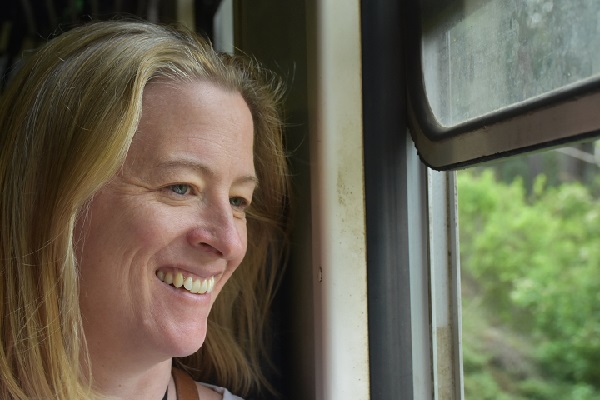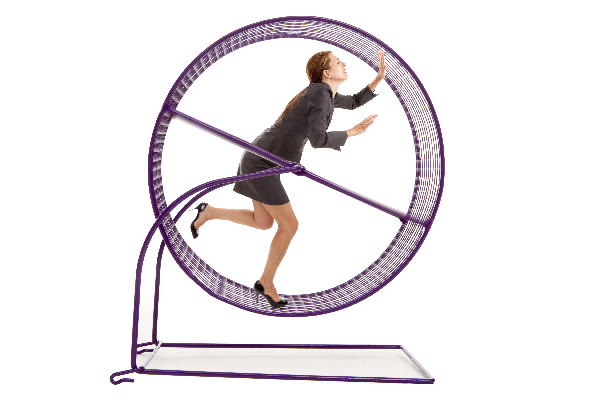Are you being a good friend to yourself?
This post explores compassion and self-compassion through a personal story and invites the reader to reflect on their own levels of self-compassion based in the work of Kristin Neff.
Late last year I had a call from my daughter’s teacher. Chiara (age 15) was midway through a nine-week personal leadership experience based at Snowy River Campus in East Gippsland (provided by the Victorian government’s School for Student Leadership initiative).
The teacher shared with me the wonderful level of commitment, enthusiasm, goal achieving and social contribution that Chiara was making. When I asked her what she saw as the greatest development area for Chiara, she replied without hesitation in two simple words: greater self-compassion.
While this was not a surprise to me to hear someone else – with an opinion that I valued – reflect this back to me, I had a sinking feeling in my heart.
Instantly feeling ‘at fault’ as a mother (as we mothers can do so masterfully), I found myself thinking about the role model that I had been and still was for my daughter. I started wondering why it is often the case that those people who are the most kind and compassionate and loving to others find it hard to provide this same nourishment and nurturing for themselves?
It also got me thinking about the drivers that can contribute to this way of being. There’s the personal focus on external measures of success that are driven by an internal tendency to not feel good enough or worthy enough. These measures often create a false or short-lived sense of success. There are things that society values and that get rewarded in school, in the community and at home – being a ‘good girl’ and looking out for others, for instance. There are those things that take us away from feeling worthy of loving ourselves in the same way that we intrinsically offer love to the people in our lives.
‘Self-compassion is a measurable trait. In 2003 no-one had defined or measured it. In 2017 there were 1340 studies on self-compassion. Self-compassion is strongly linked to wellbeing.’ [ Source: Neff 2018
What is it to be compassionate?
Meet Chiara. Chiara is a gentle, kind and compassionate teenager who is wise beyond her years. She has natural care and concern for all living things – people, pets, trees. She takes great care in rescuing the spider or bug from her bedroom and returning it to the natural environment. She is empathic – she knows how others are feeling. She’s the kid who’ll notice the person in the corner who’s been excluded and approach them to make them feel not alone. She is the granddaughter who asks her nana from a place of genuine interest, ‘How are you Nanna? What’s been happening in your day?’, instead of a typical teenage response of a one-way street and it being all about her. She’s the first to make you a cup of tea if she senses you are out of sorts or need a bit of love.
Chiara is the kid who takes time morning and night to sit on the ground with the dog and give her some real care and attention. Each morning she appears at your side just like a pussy cat and wraps you in a blanket of love to start your day. Yes, we are truly blessed to have her in our lives.
So you see? She is actually one of the most compassionate people I know and such a great teacher to me and to her sisters and peers. Compassion is the essence of this young lady. She knows it well.
Turning this compassion that she knows so well into watering and nourishing herself – that would appear to be the next step in her learning journey. And I know she is not alone. I for one need to turn up this dial on self-compassion. Perhaps you do too?
This might help:
In the later part of 2018, I attended a workshop with Kristin Neff, a world expert on self-compassion. Part of what she offered was a radical shift to ‘relate to self’ in new ways.
Kristen defines self-compassion as:
- being a good friend to yourself
- treating yourself the way you would treat a good friend; and
- holding pain with love.
She took us through a three-part reflective process, which I would like to offer you here:
Part 1
Allow a friend to arise in your mind’s eye. Allow a close friend who is suffering in some way to appear in your mind’s eye, in a situation where you are feeling resilient and strong.
Close your eyes and ask yourself this question: How would I treat this close friend?
What are the types of things you would say to your friend?
What tone do you use?
What’s your body posture like?
What type of non-verbal gestures do you use?
Part 2
Allow to arise in your mind’s eye a situation where you failed at something important to you or you are having a hard time.
What do you say to yourself when you are struggling?
How did you say it?
What is your body posture?
How do you relate to yourself when you are struggling?
Part 3
Do you notice any patterns of difference between how you treat yourself when struggling and how you treat others when they are?
What did you discover about how you treat yourself/others?
Perhaps you might like to share your reflection with a friend?
In our work with leaders – amidst the harsh demands of work and life, the absence of self-compassion is palpable. In our quest to be better, do better, earn more, get the promotion, any notion of self-compassion gets lost.
I invite you to explore the wonderful books and resources that are available on Kristin’s website.
Is there one small step you can take toward greater self-compassion?
PS. Chiara is now several months back from her life-changing leadership experience. The young lady we have here with us now is more confident, self-empowered and self-aware than I thought was possible in such a short space of time. She’s made decisions and choices this year to show more self-compassion and of her own accord has continued a daily journaling practice. She’s followed her inner-knowing and desire to do things that bring her joy (she practices yoga several times a week, walks the dog regularly and is playing netball for the first time). She is also a daily reminder to me that I have a choice.





